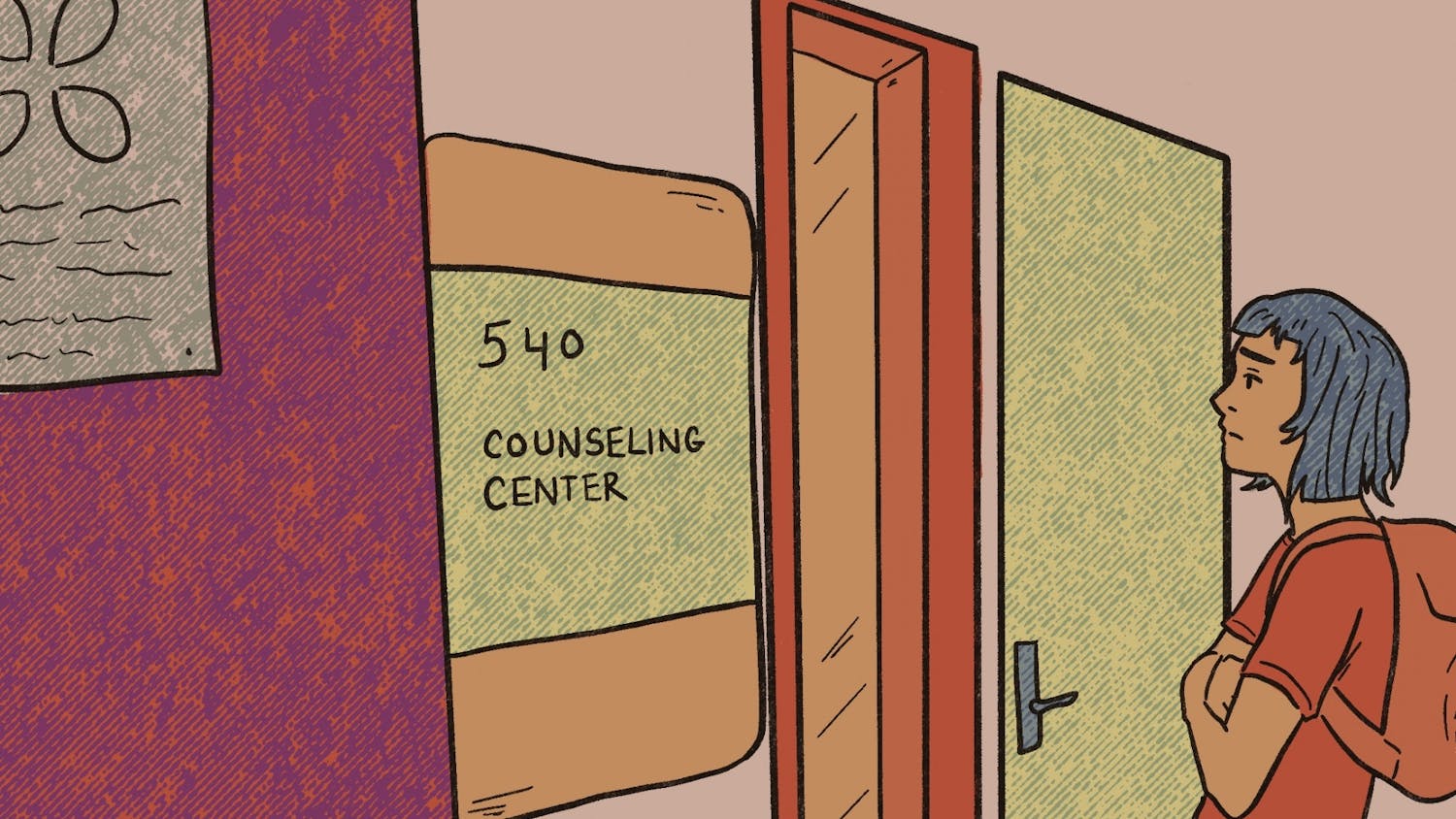Editor’s note: This letter to the editor is in response to a guest column titled “OPINION: We need to change the stigma around sexual assault.” The Front has since issued an apology for the column, which can be found here. As a newsroom, we want to be clear: We stand with survivors.
For free survivor support resources, community members can call the National Domestic Violence Hotline and DVSAS of Whatcom County. In addition, Western students can access free, confidential support on campus from Western’s Survivor Advocacy Services, offered through the Counseling and Wellness Center.
Content warning: This letter to the editor mentions sexual assault.
Submission by Nate Tatem, Western student
To whom it may concern,
Addressing the topic of sexual assault in an ethical and comprehensive manner requires diligence, empathy, sensitivity, courage and nuance. It is a difficult topic for anyone to write about. As a disclaimer, my perspective on the recent opinion piece is inevitably informed by my personal experience. I am fortunate: I have not experienced sexual assault.
The author raised valid points. There is some degree of an ideological echo chamber in Bellingham. Sexual assault is complex and nuanced. The topic is often approached with a black-and-white analysis. The justice system approaches sexual assault differently than everyday people might. Education can prevent sexual assault. Perpetrators can be redeemed.
The critical flaw in the author's piece is implying and prescribing that survivors of sexual assault are responsible for addressing their abusers’ crimes. We must be aware of the vulnerable state survivors are in (physically, emotionally, socially, spiritually and psychologically) post-assault. Many survivors are made to feel like sexual assault was their fault. It cannot be said enough: Survivors are not responsible for their abusers’ actions, their abusers’ education or for remedying the situation. Suggesting that survivors address or educate their abusers could easily exacerbate feelings of shame, self-loathing, self-condemnation and guilt.
Beyond emotional harm, contact with abusers post-assault can be physically dangerous for victims. In their sample of colleges, Foubert et al. (2020) found that over 87% of alcohol-involved sexual assault was committed by serial abusers. Conley et al. (2017) found that “Previous victims of SA experience a 2–3-fold increased risk of being revictimized compared with those without a history of abuse, a finding that has generalized across college, clinical and community-based samples.” Staying in contact after an assault may harm the chances of a perpetrator being prosecuted in court.
In many scenarios, harm could be reduced by having third parties (social workers, therapists, justice systems, authority figures, etc.) manage the survivor and abuser separately and mediate if the survivor feels it is helpful and necessary.
I support The Front's decision to allow controversial guest opinion pieces. Civil discourse benefits us all. It is valuable for the public to be aware of what others think, even if they disagree. However, especially with controversial topics, it would be wise to include an opposing response. This would give readers a balanced perspective and let them decide their own views. It would also distance The Front from being labeled as “in support” of either view.




